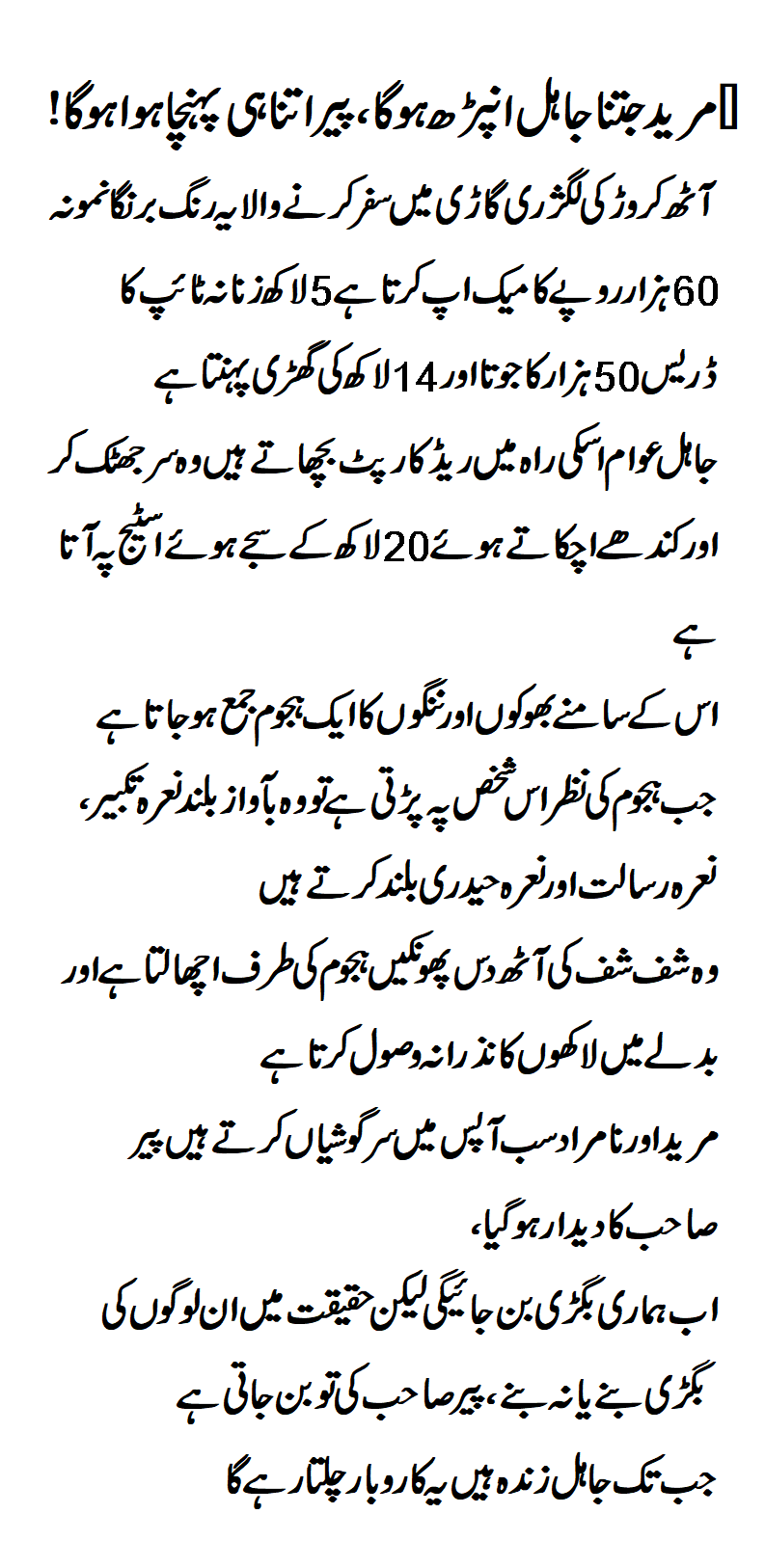Hypertension, or high blood pressure, is a common condition that affects millions of people worldwide. It occurs when the force of blood against the walls of the arteries is consistently too high, increasing the risk of serious health problems such as heart disease, stroke, and kidney damage. Often referred to as a “silent killer” because it may not present noticeable symptoms, hypertension requires proactive management to reduce its impact on overall health. Understanding the factors contributing to high blood pressure and implementing effective strategies for control are crucial steps in hypertension management.
Several factors can contribute to the development of hypertension, including genetics, poor diet, sedentary lifestyle, obesity, excessive alcohol consumption, and high levels of stress. Individuals with a family history of hypertension are at higher risk, as are those who consume diets high in sodium and saturated fats. Being overweight or obese can also strain the heart and lead to elevated blood pressure. Therefore, addressing these risk factors is essential in managing and preventing hypertension.
Lifestyle modifications are often the first line of defense against high blood pressure. Adopting a heart-healthy diet, such as the Dietary Approaches to Stop Hypertension (DASH) diet, can significantly reduce blood pressure. This diet emphasizes the consumption of fruits, vegetables, whole grains, lean proteins, and low-fat dairy while limiting salt, sugar, and saturated fats. Reducing sodium intake is particularly important, as excessive salt can cause the body to retain water, increasing blood volume and pressure. Gradual changes in diet can lead to lasting results and improve overall cardiovascular health.
In addition to dietary changes, regular physical activity is a cornerstone of hypertension management. Engaging in moderate exercise for at least 150 minutes a week can help lower blood pressure, improve heart health, and reduce stress. Activities such as walking, swimming, cycling, and dancing not only aid in weight management but also strengthen the heart and improve circulation. It’s important for individuals to find activities they enjoy to help maintain a consistent exercise routine.
Stress management techniques can also play a significant role in controlling hypertension. Chronic stress can lead to temporary spikes in blood pressure, and over time, these spikes can contribute to sustained high blood pressure. Incorporating relaxation techniques such as deep breathing exercises, meditation, yoga, or mindfulness can help reduce stress levels and improve overall well-being. Making time for hobbies, spending time with loved ones, and ensuring adequate sleep are additional ways to manage stress effectively.
For individuals who cannot adequately control their blood pressure through lifestyle changes alone, medication may be necessary. There are various classes of antihypertensive medications available, including diuretics, beta-blockers, ACE inhibitors, and calcium channel blockers, among others. The choice of medication depends on the individual’s health profile and the specific characteristics of their hypertension. Regular monitoring and follow-up with a healthcare provider are essential to ensure the medication is effective and to make any necessary adjustments.
Monitoring blood pressure at home can empower individuals to take charge of their health. By regularly checking their blood pressure, individuals can identify trends and work with their healthcare provider to make informed decisions regarding lifestyle changes and medication adjustments. Keeping a log of blood pressure readings can also help track progress and reinforce the importance of adherence to treatment plans.
In conclusion, hypertension is a prevalent condition that requires proactive management to prevent serious health complications. By making lifestyle changes, such as adopting a healthy diet, increasing physical activity, and managing stress, individuals can significantly reduce their blood pressure. For those who need additional support, medications are available to help control hypertension effectively. Through regular monitoring and collaboration with healthcare professionals, individuals can successfully manage their blood pressure and enhance their overall quality of life.



